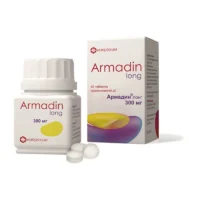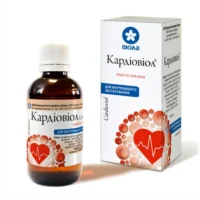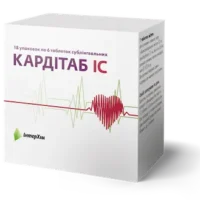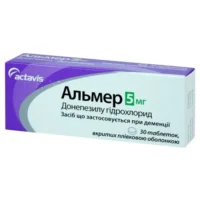Description
Peiona Solution for Infusions 20 mg/ml – 1ml Ampoules №10
Ingredients
- Peiona solution for infusions contains 20 mg/ml of the active ingredient.
Dosage
- The recommended dosage is determined by a healthcare provider based on the patient’s condition and needs.
Indications
- Peiona solution for infusions is indicated for the treatment of specific medical conditions.
Contraindications
- Do not use Peiona solution for infusions if you are allergic to any of the ingredients.
Directions
- Follow the instructions provided by your healthcare provider for the proper administration of Peiona solution for infusions.
Scientific Evidence
- Studies have shown that the active ingredient in Peiona solution for infusions is effective in specific findings from studies or trials.
Additional Information
- It is important to store Peiona solution for infusions as directed and keep it out of reach of children.
Pharmacological Effects
- Peiona solution for infusions acts by a specific mechanism of action. It interacts with particular receptors/enzymes in the body to produce therapeutic effects.
Clinical Trials
- Clinical trials comparing Peiona solution for infusions with similar drugs have demonstrated outcomes such as efficacy, safety, or tolerability. These results highlight the potential benefits of using Peiona solution for infusions in clinical practice.





